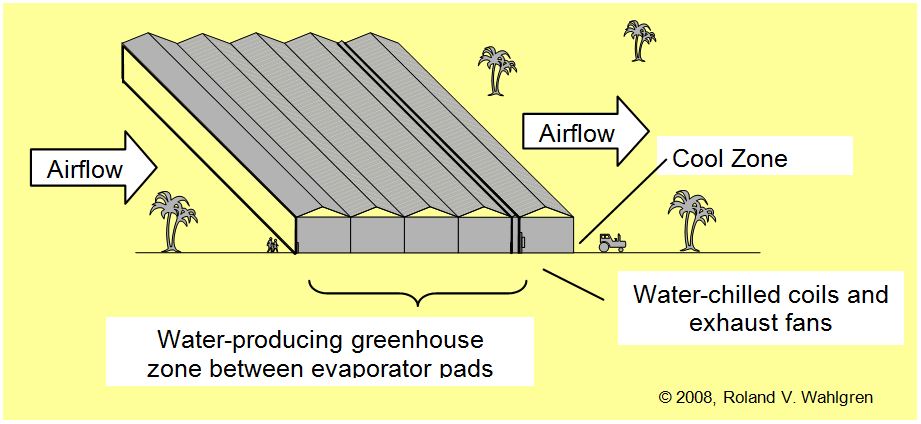Water management will be critical to achieving
global food security because agriculture today
requires irrigation for 40 percent of its production
and consumes approximately 70 percent of global
freshwater supplies. Currently, agricultural irrigation
wastes about 60 percent of the water withdrawn from
freshwater sources.
Efficient water management will be required to sustain
a necessary increase in agricultural productivity.
Even though desalination technologies might be
economically feasible for household and industrial
water, such technologies are unlikely to produce
irrigation water from saline waters at a low enough
cost to be feasible for agricultural use. As water
scarcity increases, adopting technologies that increase
water-use efficiency will be the only option farmers
will have for confronting global water scarcity.
The array of such technologies includes precision
agriculture and GM drought-tolerant and salt-tolerant
crops as well as micro-irrigation systems and
hydroponic greenhouse technologies.
Efficient direct use of a 'new' source of water, the water vapour in the air, combined with commercial-scale hydroponic horticulture does appear to be a worthwhile technological option for tropical small islands.



